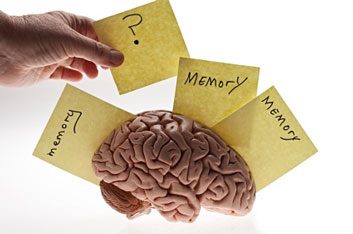News: Can young blood slow down the brain’s aging process?
The vampire trend just won’t die. And now there’s some medical muscle from the Stanford University School of Medicine to

The vampire trend just won’t die. And now there’s some medical muscle from the Stanford University School of Medicine to back the benefits of blood-sucking. (Hear me out.)
The study suggests that when older mice were injected with blood from their more youthful counterparts, they experienced a ‘rejuvenating effect.’ With the help of young blood, aging mice generated three times the amount of nerve cells as they normally would.
And it works both ways. When the plasma of older mice was injected into young mice, the production of new nerve cells in the brain slowed down.
Obviously, this doesn’t directly apply to humans but here’s the takeaway: What in blood is causing this? And can scientists use this information to reverse the clock on dementia or Alzheimer’s?
Turns out it might be a protein called eotaxin. Older mice have more of this protein circulating in their blood, compared with young mice. Young mice injected with eotaxin generated fewer nerve cells and experienced memory loss.
The scientists are now studying the role eotaxin could have on aging brains. Eventually, this research might lead to the end of the age-old question, "Where’d I put my car keys?"
– Marlene Rego, web editor, besthealthmag.ca
Related:
‘ Foods that fight memory loss
‘ 5 workouts for your brain
‘ News: Inactive teens at greater risk for late-life dementia




